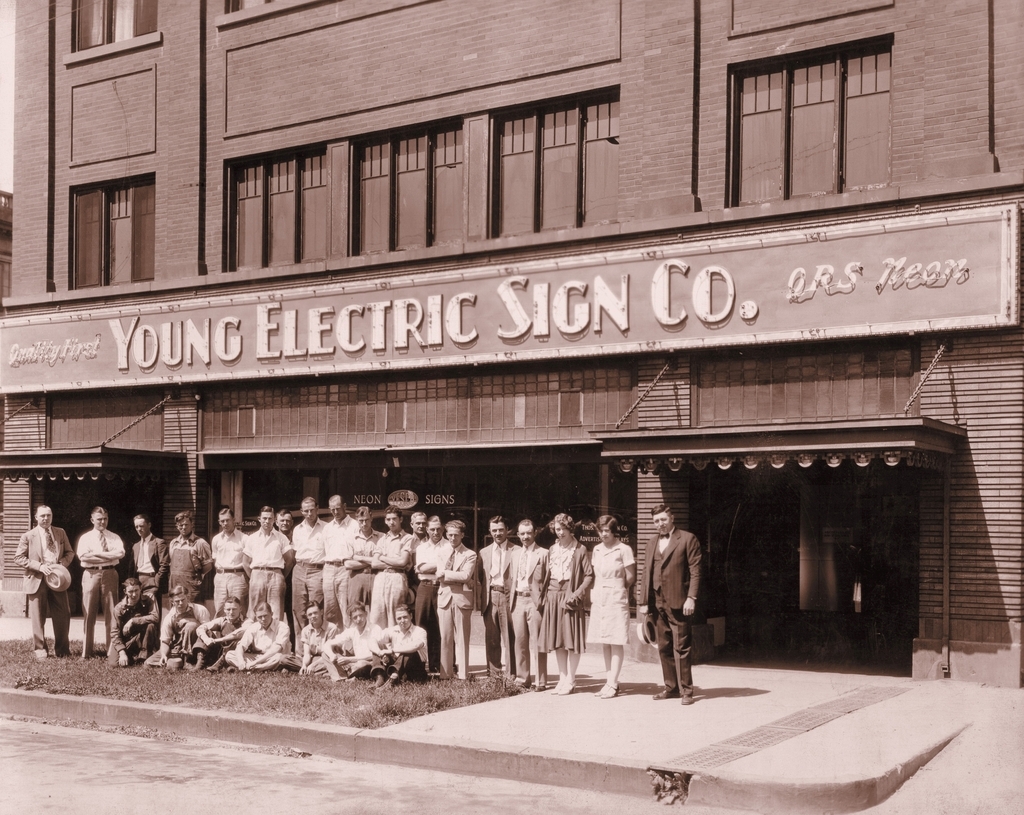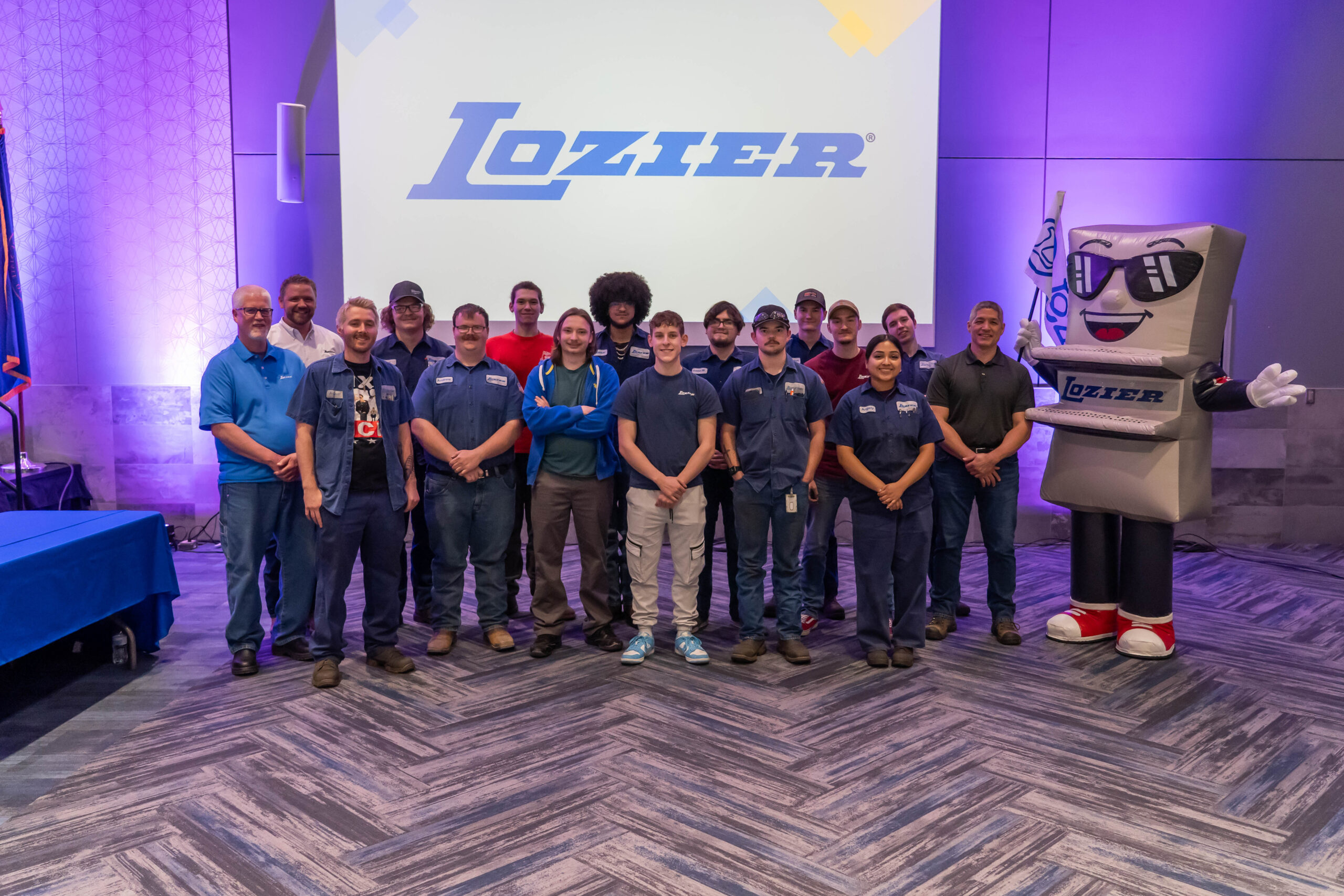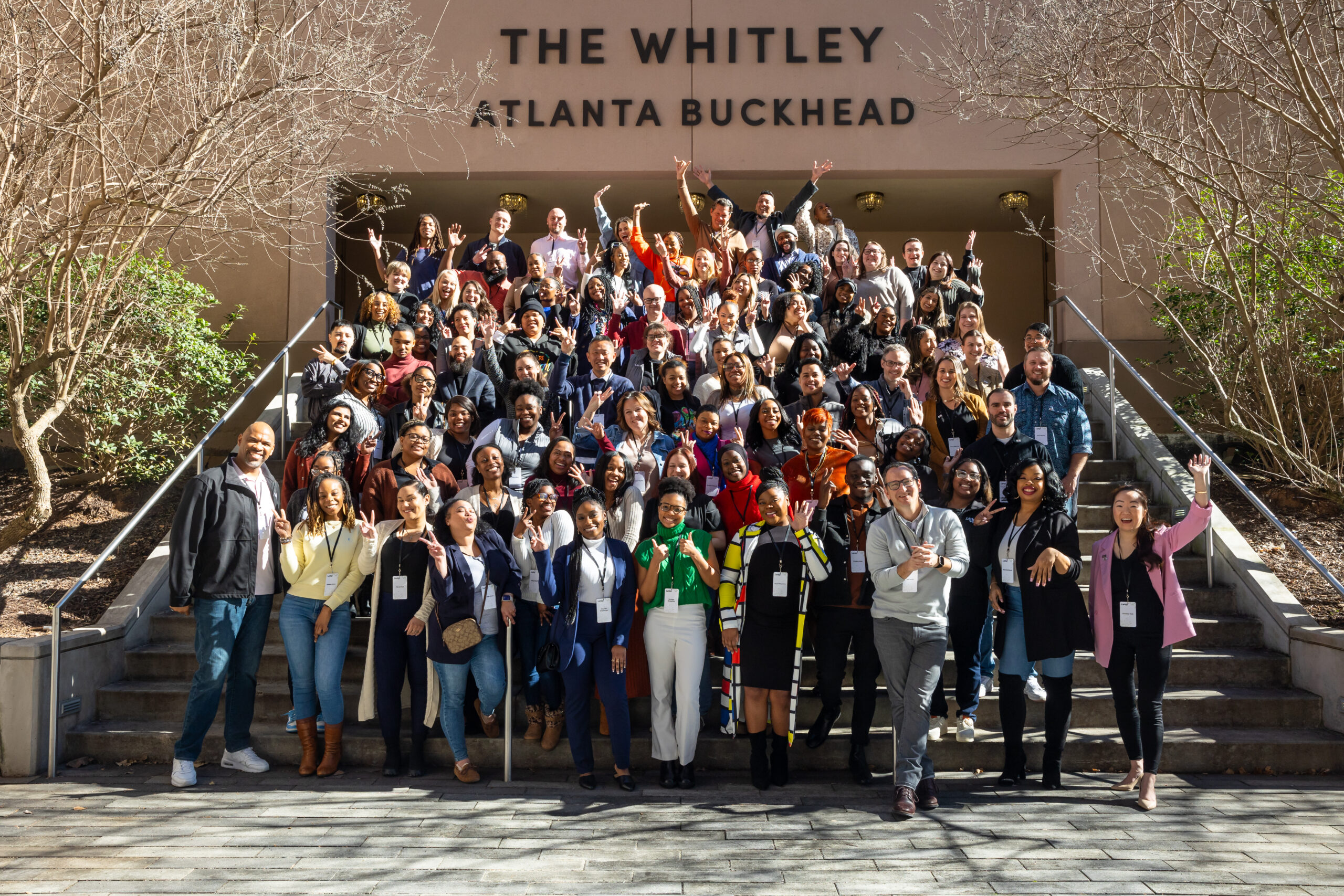
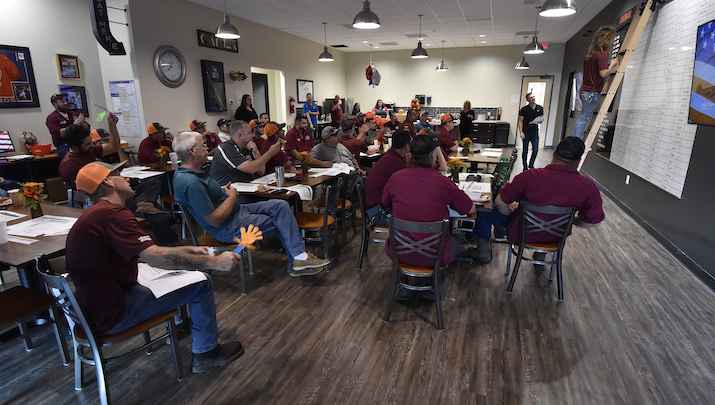
Purpose in the Pipeline
- Merrill Crawford
- Charlies Plumbing
Here’s a little plumbing 101: It takes a minimum of 8,000 hours of combined on-the-job training and classroom instruction for an apprentice plumber to test to get a journeyman’s license. That means a person will likely work three-to-four years in the trade before he or she can even test for their license; after that, if the goal is a master plumber license, that requires another four-to-five years.
The extensive process is critical. While plumbing is an often under-appreciated trade, the reality is that licensed plumbers serve communities in essential ways, protecting people’s health by helping ensure the availability of clean water and functional sanitation equipment and gas lines. Modern plumbing has saved more lives than modern medicine.
At our Evergreen business, Charlie’s Plumbing, we train plumbers to enter into the trade through our apprenticeship program and ongoing training opportunities. Stepping into the apprenticeship program is a transformative opportunity for many. Vocational training was largely removed from high school and community college curriculums in the early 2000s, and while it has been reintroduced to an extent in recent years, plumbing programs are few and far between in Texas. For that reason, we work hard to make young people aware of the meaningful and well-compensated work available in the trade through career days, technical classes, and other venues. We want them to know that if they entered an apprenticeship after high school, they could be a licensed journeyman by 22 or 23.
And while we do bring young people into our program, it’s not uncommon for people to come to the plumbing trade later in their career path. In fact, the average plumber gets his or her license at 36. Many of the people who choose this path may have left high school with no sense of what they wanted to do, so they’ve bounced around between jobs without developing a strong set of skills; life may have intervened in various ways to get in the way of their getting a college degree. This industry and the training they receive as an apprentice can offer a fulfilling, lasting career, and we’re proud to be growing this workforce and introducing skilled, good people to the industry.
Once people find their way to us, my goal is to offer them the best training resources to develop their skills. While much of apprenticeship training is hands-on work with experienced licensed plumbers on our team, we have also developed on-site training facilities, including a “sandbox” that allows them to learn how to run underground piping and practice blue print reading and a training area equipped with pipe fitting materials, boilers, water heaters, and other materials to practice skills. And, we’ve just recently added a “dollhouse”—a miniature house that provides a practice model for building to-scale plumbing structure, which mirrors what they will have to complete on their license test.
Certainly, I’m motivated in these efforts by the very real labor shortage and lack of vocational training available for those who are interested in entering the trade. But for me it runs deeper. While the apprenticeship program allows us to provide the commercial and industrial plumbing services that are the core of our business, it also allows us to fulfill our Purpose: to provide really good jobs and to be a home for our employees.
It’s that Purpose that inspires me to offer not only a robust benefits package but a work environment, technology tools, and personal development opportunities that reflect an employee’s value to our business. Even more important, I want employees to feel included and engaged because I think at the end of the day that’s the most important benefit I can offer. I want each person to know that when I ask, “What is it that you would like to offer the business?” or “How can we make you feel you are part of the team and that your opinion matters?” that I truly want to know. Our business will grow and thrive when people are invested and feel heard.
I think that while the definition of “a really good job” continues to evolve in the current labor market, especially for the younger generation, the lasting, authentic benefit of providing an employee a sense of value and a workplace that feels like a place to come home to is what matters.
Merrill Crawford is the CEO and President of Charlie’s Plumbing.
More Articles and Videos
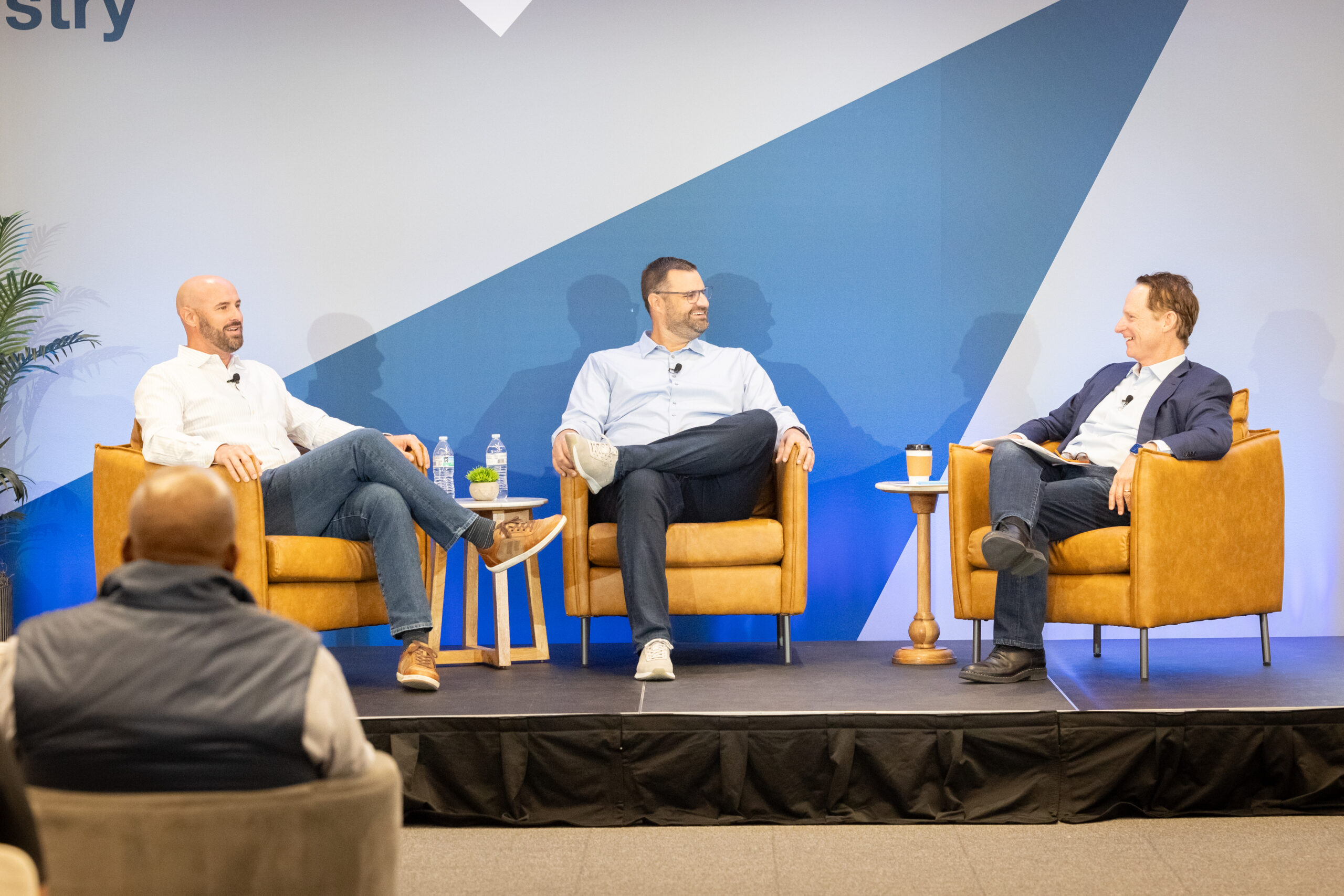
Fireside Chat with Dave Thrasher, Dan Thrasher, and Dave Whorton
- Dave Thrasher, Dan Thrasher, & Dave Whorton
- Supportworks and Thrasher Group

Get Evergreen insight and wisdom delivered to your inbox every week
By signing up, you understand and agree that we will store, process and manage your personal information according to our Privacy Policy
